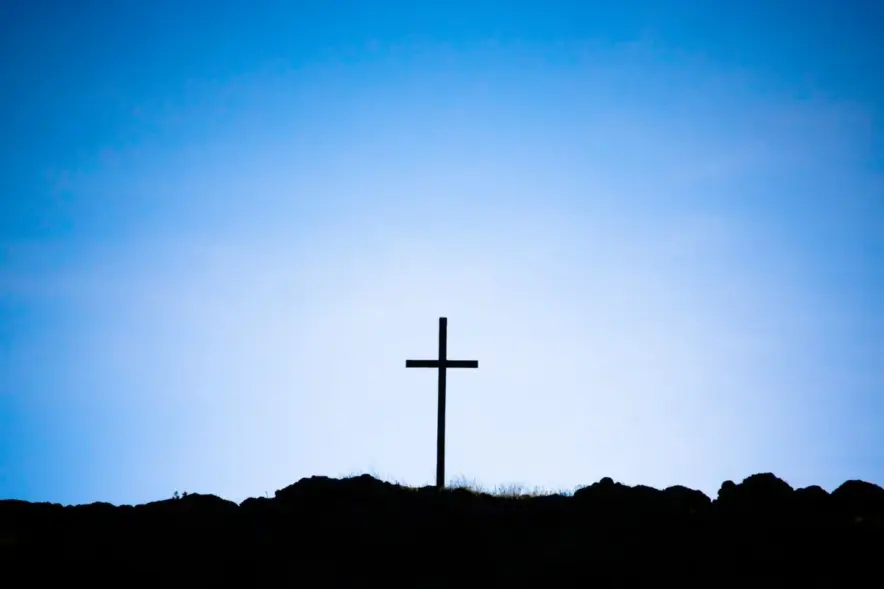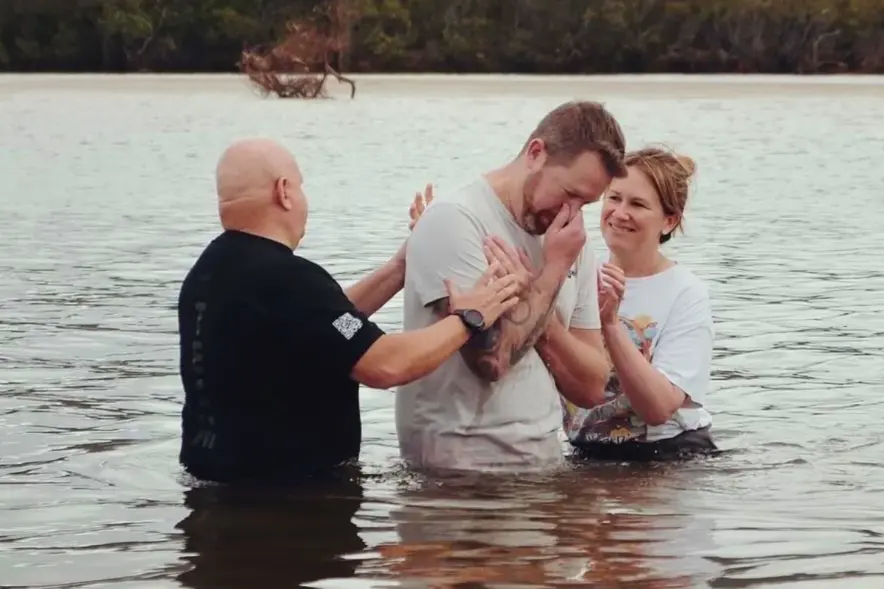“The church isn’t for unbelievers.” Sounds pretty unfriendly and exclusive, right? But, before you get all hot under the...
Tag: faith
Showed 1 to 9 posts out of 18 total under "Tag: faith" category.
The Cross Of Christ The cross of Christ is not just the centre of Christian faith; it is the...
At the beginning of this year, I had the incredible privilege of baptising my brother, Brett, into the Christian...
The Spark That Lit The Flame One of the contentious sparks that finally lit the flame we now know...
“And now, what are you waiting for? Get up, be baptised, and wash your sins away, calling on his...
There was a time, not so long ago, when my world was very dark. Have you ever stood outside,...
(Not a reader? Take a listen instead ⇓) I recently wrote an article which I called ‘Beneath The Skin‘;...
The Weft And Warp Of Scripture The word of God is like a vast tapestry, its main theme interwoven...








